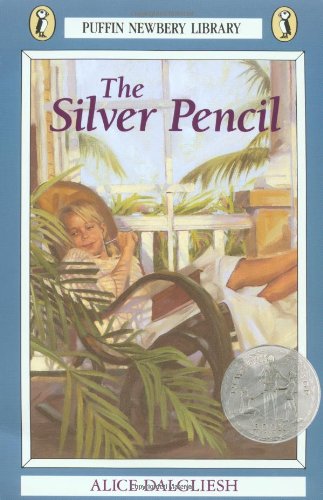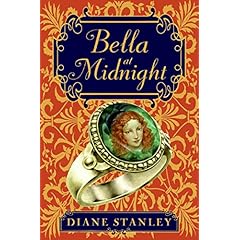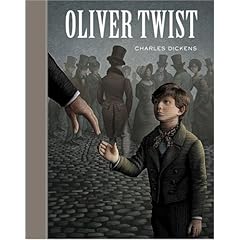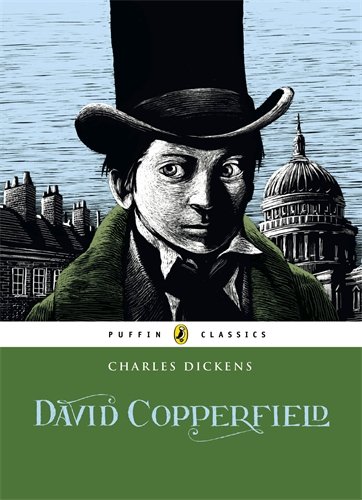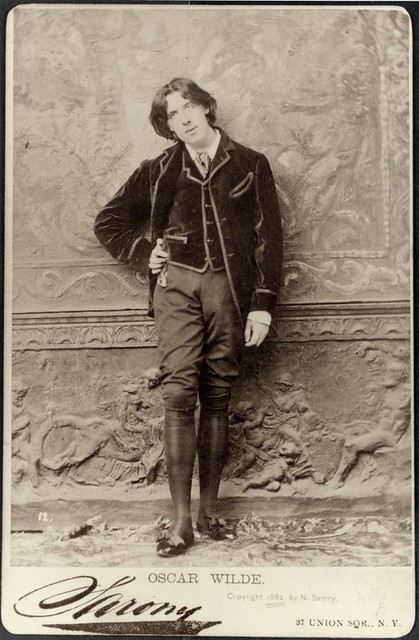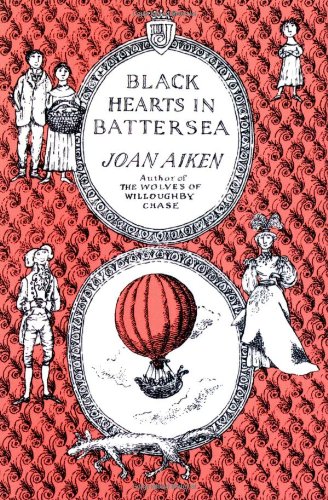 Before there were “steampunk” and “alternate history” and multiple volume fantasy series in children’s books, there was Joan Aiken’s The Wolves of Willoughby Chase sequence, made up of twelve middle grade novels “set in an imaginary period of English history which never took place: the reign of King James III, in the earlier part of the nineteenth century, when England was still sadly plagued by wolves.”
Before there were “steampunk” and “alternate history” and multiple volume fantasy series in children’s books, there was Joan Aiken’s The Wolves of Willoughby Chase sequence, made up of twelve middle grade novels “set in an imaginary period of English history which never took place: the reign of King James III, in the earlier part of the nineteenth century, when England was still sadly plagued by wolves.”
Black Hearts in Battersea is the second book in the series. Joan Aiken’s website, created by her daughter Lizza Aiken, is full of treasures, including this bibliography of the over 100 books that Ms. Aiken wrote. The Wolves sequence in order consists of:
The Wolves of Willoughby Chase
Black Hearts in Battersea
Night Birds on Nantucket
The Stolen Lake
The Cuckoo Tree
Dido and Pa
Is (Is Underground)
Cold Shoulder Road
Limbo Lodge (Dangerous Games)
Midwinter Nightingale
The Witch of Clatteringshaws
The Whispering Mountain (prequel to the series)
Black Hearts is a great stand-alone story, but it probably makes more sense and carries more depth if you read the books in order. I’ve read The Wolves of Willoughby Chase, and reading Black Hearts made me want to go back and re-read it and then read all of the others in the series, something that not too many contemporary fantasy series can inspire me to commit to. If you like Maryrose Wood’s Incorrigible Children of Ashton Place series or perhaps Leon Garfield’s atmospheric and very British historical fiction, the Wolves sequence might be just up your alley.
Many of the characters who dominate the later books in the series are introduced or developed in Black Hearts, including Simon the orphan, his good friend Sophie, and Dido Twite the ragamuffin offspring of Simon’s neglectful and suspicious landlords. The story also features ships and piracy, bombs and plots, a very useful tapestry, and a rose-colored hot air balloon.
Joan Aiken was born on September 4, 1924 in Sussex, England. She grew up in a country village with a mother who “decided that I’d learn more if she taught me herself than if I went away to school” and an American father, Conrad Aiken, who was a Pulitzer-prize winning poet and author himself. Joan’s parents divorced when she was a child, and her mother married another author, Martin Armstrong. Ms. Aiken wrote books for children and adults, and she received the Guardian Award for Children’s Fiction in 1969 and the Mystery Writers’ of America Poe Award in in 1972. She died in 2004. The last two books in the Wolves sequence were published posthumously.
